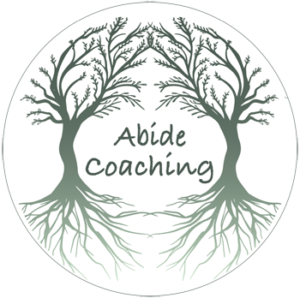Storytelling is a fundamental part of our humanity. We use stories to make sense of our experiences. Each of us has a narrative we tell ourselves and one we share with others. Our personal story often carries the weight of shame. We say things to ourselves that we would never say to someone else, because it would be rude, unkind, and cruel. Yet, we subject ourselves to this daily.
We all make mistakes. It’s how we learn and grow. Just as no one criticizes a 12-month-old for wobbling on their feet when learning to walk, we should be kind to ourselves and others as we navigate life’s challenges. Criticizing ourselves only hinders the learning process. But it be honest, we criticize, comment, and correct people all the time. And you hear them all the time, too.
The average child with ADHD hears 20,000 more negative comments about themselves than their non-ADHD peers. That is a lot! People often internalize these comments. Instead of thinking someone who loves or cares about them is wrong or mean, they assume the negative comment is valid, and the more they hear it, the more it is reinforced.
It becomes a cycle similar to one of these:
- Mistakes, negative comments, belief, shame
- Failure, negative comments, anger to cover up shame, shame about failure, and reaction
- Shame about past mistakes, don’t ask for help, more failure, more shame
- Failure, shame, isolation, depression
- Perfectionism to make up for past failure, failure because no one is perfect, shame
Shame is powerful. It wants something from you. It wants you to hide it so that it can fester and grow.
There are helpful tips like self-compassion, which may seem difficult when you’re not used to it. But they are not wrong. They are essential.
Here are some tips. They aren’t easy and take work, but they are worth it.
- Share your shame – I know that is a hard pill to swallow. But shame can’t fester if you expose it. Finding someone to tell your story to who will still love you and see all of you is powerful. That person can also help you retell your story to one that is closer to the truth because your story isn’t. Pick someone you trust: a therapist, doctor, coach, sibling, close friend, a priest/minister.
- Learn more about ADHD to understand what is happening in your head and heart. Knowledge is power. It helps you learn to work with and not against how your brain works. It also allows you to say that it was ADHD, and in the future, I can do X to support that.
- Remember the positive – We all have brains that remember the negative experiences and comments more quickly than the positive. So, find a way to remember what is going well. One of my clients carries a small notebook, and she writes it down when something positive happens. Big or small, everything counts as a win. Then, when she has a rough patch, she pulls it out and reads about the positive stuff. It is counter-evidence to what her shame is telling her.
- Find the humor in your mistakes and failures.
- Know your triggers – If it is a person who you don’t want in your life, set up boundaries to remove them. If it is someone who you do want in your life, have a conversation with them. Share the shame they are causing with their comments and find ways together to move forward.
When you don’t like what you hear from yourself, ask who is talking. Is it you, or is it your shame?

